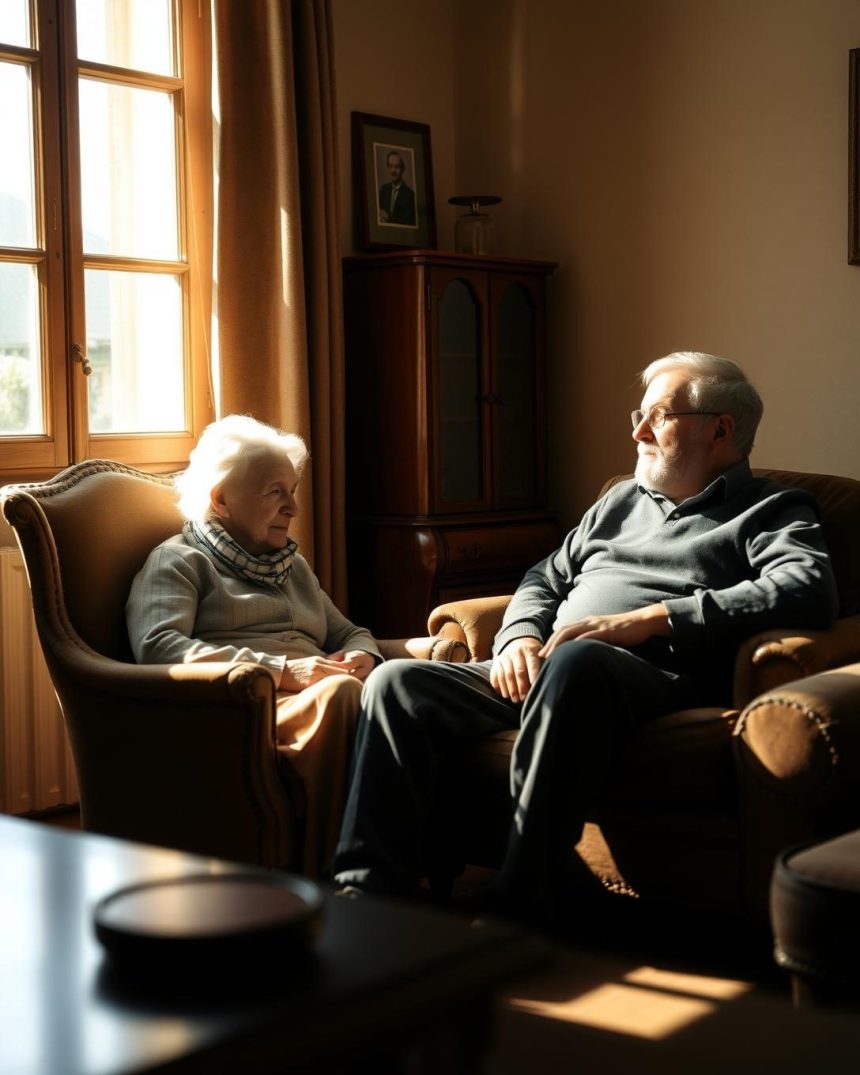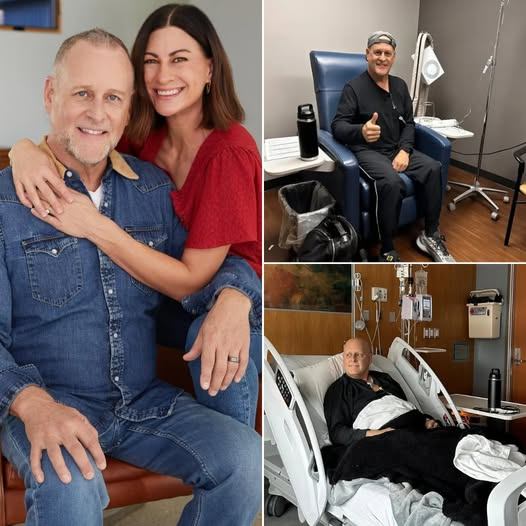
My name is Diego, I’m thirty-two years old, I live in Toledo, and I recently came to understand something that completely changed my view of what “family” really means. All my life, I felt there was a quiet mystery in our family—something no one ever talked about: my grandmother Carmen, who just turned eighty, has been living in complete isolation for the past twenty years.
Carmen doesn’t call her children. She doesn’t attend birthdays or holidays, and she never answers greetings or messages. Her phone contains only two contacts: her doctor and a neighbor who sometimes helps her with groceries. My mother, my aunt, and I always assumed there had been some kind of falling out, maybe a fight or old wounds that never healed. One day, I decided to visit her, bring some medicine, and simply talk. That’s when she told me the truth—and left me speechless.
“Do you think I hate them?” she asked, looking me straight in the eye. “No. I just don’t want to keep living a life shared with them. I’m too tired.”
She started speaking then. Slowly at first, softly, as if she were reaching back through years of silence. Then, more confidently, with a firmness in her voice I had never heard before.
“Over time, Diego, everything changes. At twenty, you want to argue, fight, prove yourself. In your forties, you build, care, maintain. But when you reach eighty… all you want is silence. You don’t want to be bothered. Not with questions, not with complaints, not with other people’s noise. You suddenly feel there’s so little time left. And you just want to spend it peacefully, in your own way.”
She told me that after my grandfather passed, she began to feel invisible. Her children didn’t visit for love, but out of duty. Her grandchildren came only because their parents made them. At the table, people talked about everything—politics, money, scandals, illness—but no one asked her how she was feeling, what she cared about, or what ran through her mind during those long nights of quiet wakefulness.
“I wasn’t alone. I just got tired of being a background character in my own life. I stopped craving hollow family moments. I wanted something meaningful, warm, respectful. But all I got was indifference, criticism, and endless chatter about things that didn’t matter.”
She explained that elderly people perceive human connection differently. They don’t need loud toasts, exaggerated greetings, or constant updates on other people’s problems. What they truly need is calm presence. Someone who simply sits beside them, in silence, gives them a hug, helps them feel seen.
“I stopped answering the phone the day I realized they weren’t calling because they missed me—but because ‘it’s the right thing to do.’ What’s wrong with stepping away from that kind of falsehood?”
I stayed quiet. Then I asked:
“Aren’t you afraid of being alone?”
“I haven’t been alone in a long time,” my grandmother laughed. “I’m with myself. And that’s enough. If someone comes with sincere intentions, I’ll open the door. But empty words? No. Old age isn’t about fearing loneliness. It’s about dignity. About the right to choose peace.”
Since that day, I began to see her differently. And I began to see myself differently, too. Because someday, we’ll all be old. And if we don’t learn to listen now—to truly listen and honor someone’s silence—who will listen to us later?
My grandmother is not bitter. She’s not angry. She’s simply wise. Her decision is that of someone who no longer wants to waste time on what doesn’t matter.
Psychologists say old age is a time to prepare for farewell. It’s not depression. It’s not stubbornness. It’s not rejection. It’s a way to preserve yourself. To not dissolve into other people’s noise. To leave, gently, toward a place where there is finally peace.
And you know what? I understood she was right.
I didn’t try to convince her to “fix the family.” I didn’t tell her “family is sacred.” Because what’s truly sacred is respect. And if you can’t respect someone’s silence, you don’t get to call yourself family.
Now, I try to be near her—not out of obligation, but from the heart. Sometimes I just sit next to her. Sometimes I read aloud. Sometimes we share tea in silence. No grand speeches. No pressure. And I see the softness return to her eyes.
That silence is worth more than all the words. And I’m grateful I listened that day. I hope I’ll know how to listen to others when it’s my time too.



